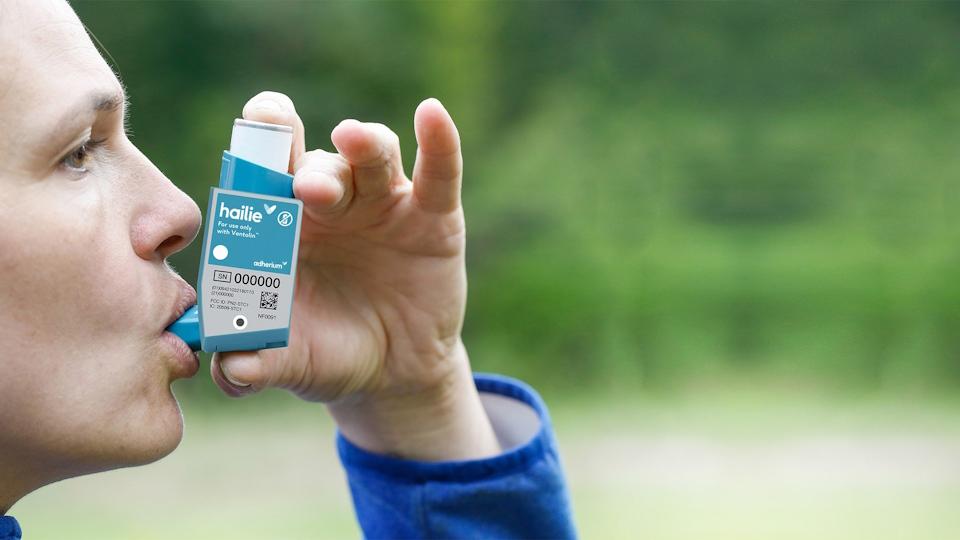NHS data sharing scheme "on hold" as millions opt out

The NHS' much-vaunted GP data-sharing initiative looks to be on a prolonged hiatus, with at least one report suggesting it has been hit by 1.2 million people choosing to opt out of the scheme in the space of two months.
The General Practice Data for Planning and Research (GPDPR) is now on hold "with no new date for implementation," according to The Observer newspaper.
The centralised database of medical records from 55 million people was first unveiled in May and due to come online on 1 July, but had its start date pushed back to 1 September after campaigners pushed back against the proposals. Now that's been set back indefinitely.
The possibility of data being shared with third-parties including academic researchers and pharmaceutical companies raised concerns about whether the public is aware that they stand to lose control of private information on their physical, mental and sexual health.
In particular, there were objections to the short six-week deadline for people to opt out of the data-sharing, as well as a cumbersome process required to do so, while privacy campaigners claimed that the data – while pseudonymised – could allow individuals to be identified.
Another bone of contention for critics of the scheme is that, while patients could opt out ahead of time, once information is uploaded it could not be removed from database.
The government has made a series of concessions to the opposing voices, that will have to be implemented before the data upload will go ahead, according to parliamentary under secretary of state for primary care and health promotion Jo Churchill.
She has written a letter to GPs indicating that the GPDPR would not start collecting data until there was a clear way for patients to opt out, even after their information has been uploaded.
Churchill also said a backlog of opt-outs would need to be cleared before it can go ahead – the Observer report suggests that around 100,000 people did so in May but that rose to 1.1 million in June – and a drive should be carried out to raise awareness of the scheme.
Almost half (45%) of adults in England were unaware of plans for their medical records to be shared with a new NHS database, according to a Which? survey conducted in July.
The debacle conjures up the spectre of the government’s last attempt to shake up patient data-sharing – 2013’s Care.data scheme – which suffered from a number of false starts and was eventually shut down in 2016.
There seems to be an acknowledgement by the government now that it has gone about rolling the GPDPR out in a misguided way, with a lack of transparency and active public involvement in the process, but it remains adamant that there is huge value to be unlocked by tapping into this type of data.
In a strategy document published in June, the Department of Health and Social Care insisted that the changes will allow patients to have better access and greater control over their own data, but will also "power vital research to discover new treatments and insights to save lives".













